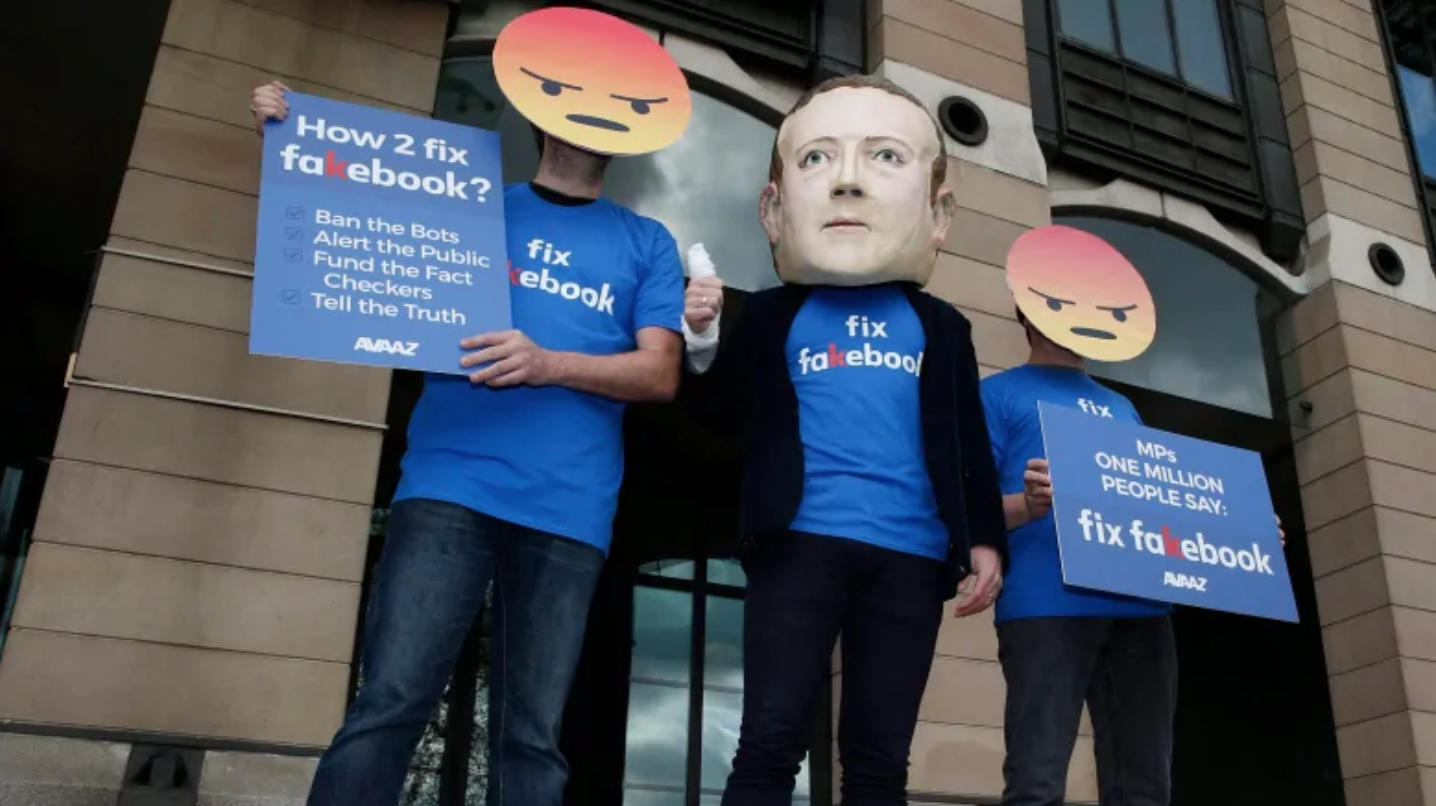
Facebook Canada’s Fake News ‘Fact-Checker’ Sorts Through 2,000 Flagged Posts Daily
Facebook’s fight against fake news and the spread of misinformation has led to the employment of so-called “fact-checkers.” In Canada’s case, that person is based in Montreal.

Alastair Grant/The Associated Press
According to a new report from CBC, Louis Baudoin-Laarman of the international news agency Agence France-Presse (AFP) sorts through upwards of 2,000 flagged posts in Canada every day. Spanning from simple ads or opinion pieces to articles that users simply don’t like or agree with, the large majority of flagged posts are approved.
“There might be between five and ten a day that might be interesting,” said Baudoin-Laarman.
According to the report, Baudoin-Laarman makes note of the number of times an article has been shared, how it relates to Canada, and “how outrageous” the content looks before he attempts to prove a piece of content is indeed fake news.
Baudoin-Laarman generally doesn’t begin an investigation unless a post has over one thousand likes, but if he suspects a certain post has the potential to go viral and spread misinformation, he reserves the right to begin a fact-checking process.
“If it is justified to do a debunk, then I will just start investigating,” he said.
“The first thing is to make sure it is false. Just by looking at it, I can usually tell if it’s going to be true or false or not. But I still have to make sure it is false, because I don’t want to start debunking things that are actually true.”
If he finds a post to be false, he notifies Facebook, who then removes the article and automatically alerts users who try to share the same article that it has been debunked, inviting them to learn more through a debunking article written by Baudoin-Laarman. The content’s host will also earn a bad rating on Facebook, hurting traffic flow to the host’s site.
According to Baudoin-Laarman and CBC‘s report, there are three types of fake news posts that he comes across most often:
- Political news about religion, immigration or the current government in power.
- Visually appealing clickbait articles of the sort that were once found in grocery-store tabloids.
- Fake medical information about anything from cancer cures to new diets.
Ever since the spread of fake news and misinformation came into the spotlight during the 2016 US presidential election, Facebook has made a concerted effort to reduce its effect on the platform and its users in a variety of ways, including hiring fact-checkers such as Baudoin-Laarman.
“We started the third-party fact-checking program in December 2016,” Facebook explains. “Now we have 25 partners in 14 countries, many with recent or upcoming elections. Our partners are independent and certified through the non-partisan International Fact-Checking Network. When fact-checkers rate an article as false, we show it lower in News Feed — reducing future views by over 80% on average.”
Facebook has also increased its efforts in fighting fake news and spam by enhancing its machine learning capabilities and using new techniques of checking the content published on the platform.

